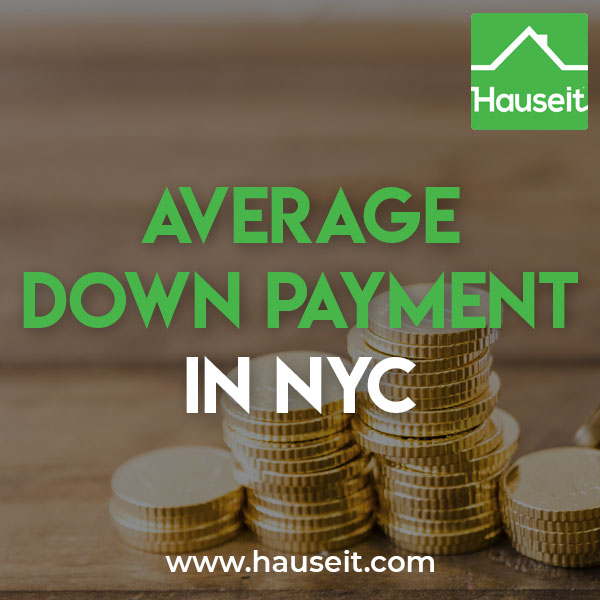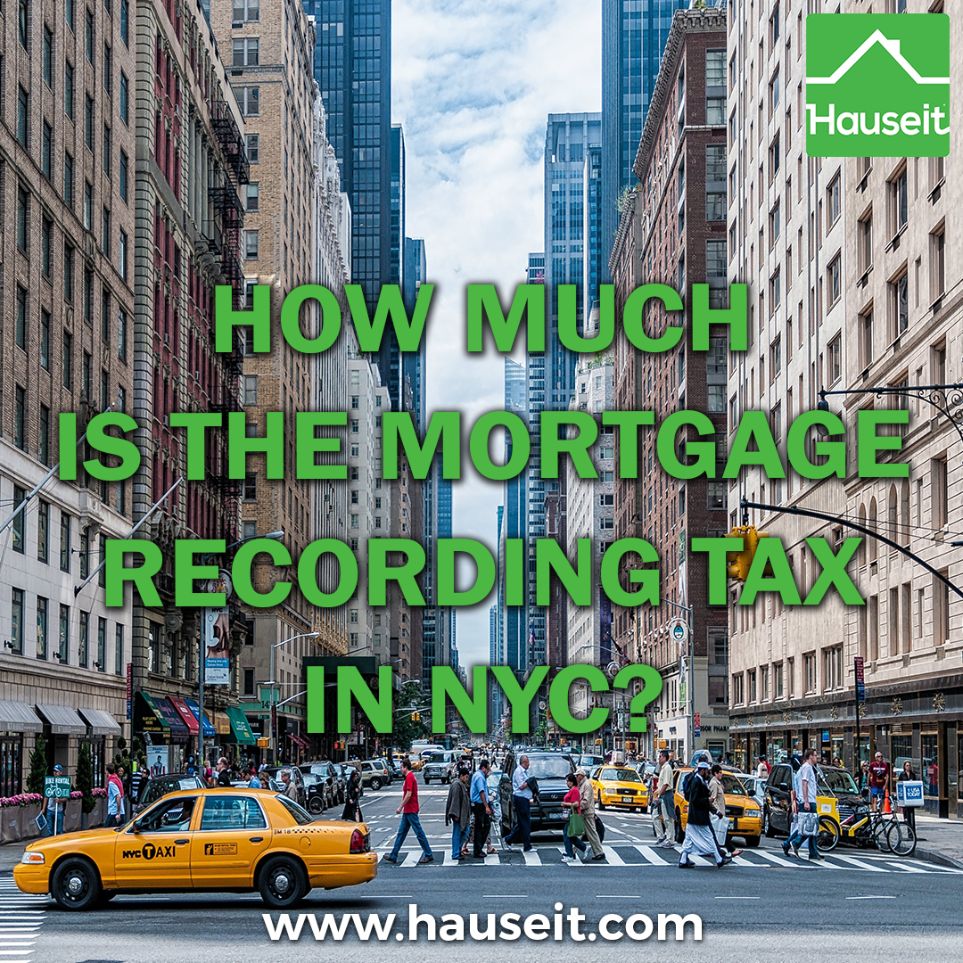VA Funding Fee Calculator
VA Loan Funding Fee Calculator
Funding Fee Rate: —
Glossary
What’s the VA Funding Fee?
The VA funding fee is a one-time charge that helps keep the VA loan program running—and protects taxpayers if a borrower defaults. You can pay this in cash at closing or you can opt to roll this fee into your mortgage balance at closing (i.e. add this fee to your VA mortgage loan balance).
How Much Is the Fee?
Your fee rate depends on:
-
Down payment amount (see chart below)
-
Whether it’s your first VA loan or a later use
-
Type of property (e.g. single-family home, condo)
-
Loan purpose (purchase, refinance, assumption)
Exemption:
If you have a service-related disability of 10% or more (or you’re the surviving spouse of someone who did), the funding fee is completely waived.
Financing vs. Cash at Closing:
-
VA funding fee: Can be financed into your loan
-
All other fees: Must be paid in cash at closing (buyer and seller negotiate who pays what)
Standard VA Funding Fee Rates
| Down Payment | First-Time Use | Second & Subsequent Use |
|---|---|---|
| Less than 5% | 2.15% | 3.30% |
| 5% – 10% | 1.50% | 1.50% |
| 10% or more | 1.25% | 1.25% |
Other VA Funding Fee Scenarios
-
IRRRL (Interest Rate Reduction Refinance Loan): 0.50%
Refinance an existing VA loan or convert an ARM to a fixed rate VA loan. -
Loan Assumption: 0.50%
When someone else takes over (i.e. “assumes) your VA loan—veteran status not required, but lender approval is. -
Manufactured Homes: 1.00%
For mobile or manufactured homes that aren’t set on a permanent foundation (i.e. not permanently affixed).












